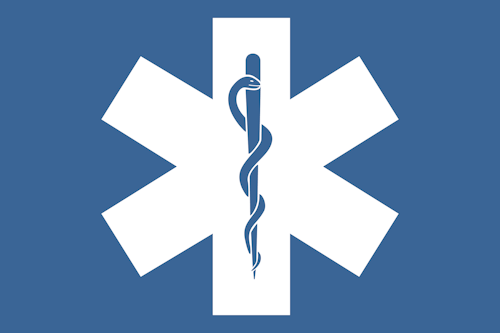Controlling Health Care Costs

The Affordable Care Act provides stable and secure coverage for millions of Americans, but it has not solved the nation’s health care cost problem. The Congressional Budget Office projects that health care costs will grow faster than the economy for the foreseeable future. One of the main culprits behind this problem is wasteful care which accounts for as much as 30% of total health care spending—an economic loss of $838 billion per year.
That is why, throughout 2015, Third Way will be releasing a series of 15 individual policies that cut waste in health care by removing one of the prime drivers of it: obstacles to quality patient care. Take, for example, patients who face numerous treatment options for a major disease or injury. They do not have a simple way to get high-quality, unbiased information on various courses of care. One of our proposals recommends that physicians give patients a medical “discussion guide,” a tool that helps doctors and patients communicate more clearly and make informed choices about medical care. This tool is proven to help patients avoid hundreds of thousands of expensive, painful, and unnecessary procedures that don’t make them any healthier than the alternatives.
The public does not want another huge debate over health care—ACA debate fatigue has compounded record levels of distrust of politics, especially with reforms that are complex and not readily understood. Because of that, each one of our individual proposals stands on its own and directly improves the patient experience—when patients stay healthy, or get better quicker, they need less care.
To develop the best ways to break down these obstacles, we conducted an extensive search for successful initiatives across the country. All of our briefs use great ideas pioneered by leading health care providers and organizations and piloted in red and blue states throughout the country. For example, the Dartmouth Medical School has developed several medical discussion guides, including guides for patients dealing with breast cancer. Discussion guides have also been piloted in red and blue states, from South Carolina to Minnesota
The waste problem is not new, but up until now, too many people in Washington have merely used it as a slogan. Together, our policies make cutting waste a true policy agenda—not just another catchphrase.
Subscribe
Get updates whenever new content is added. We'll never share your email with anyone.
